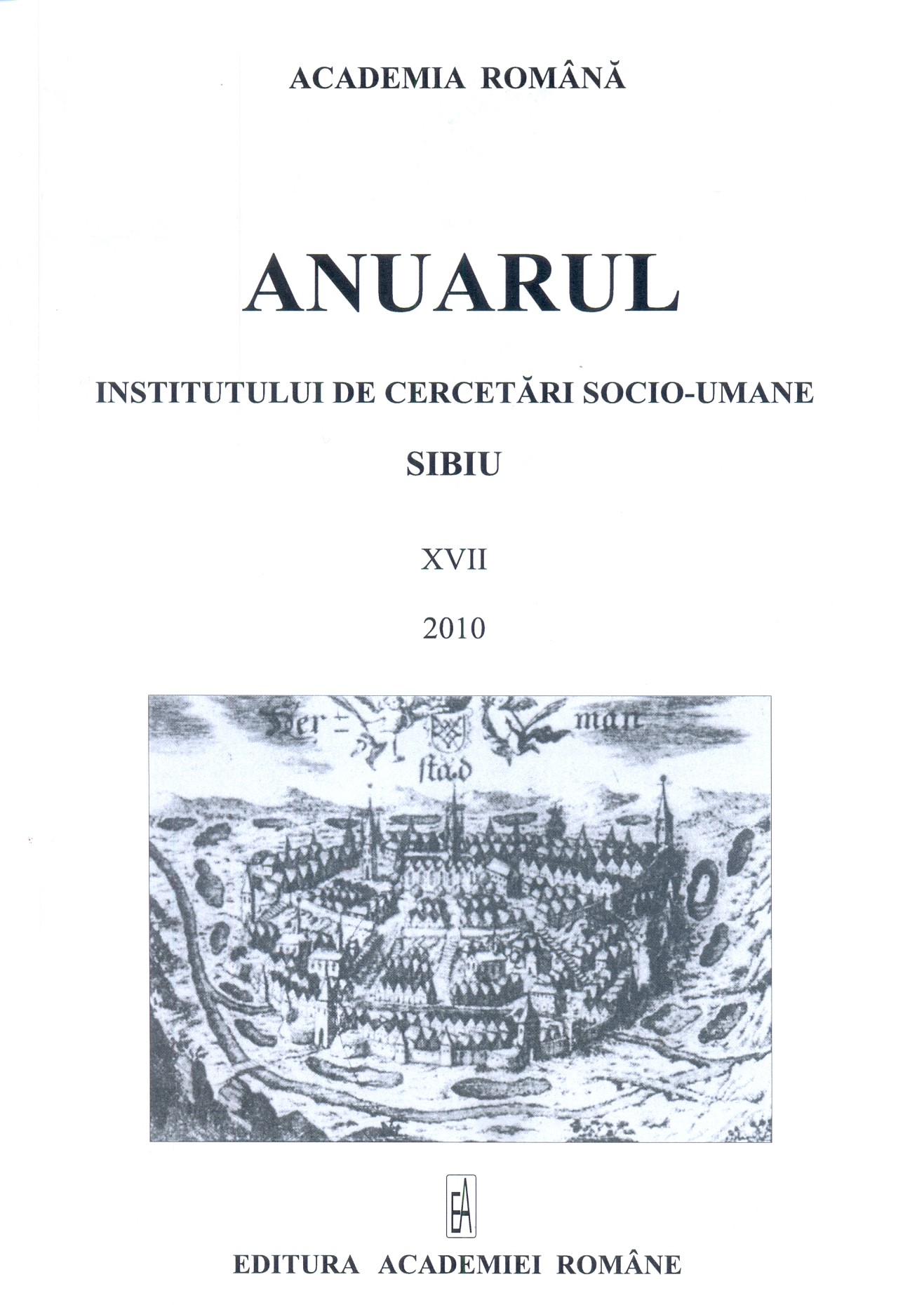ÎN CĂUTAREA OMULUI DOSTOIEVSKIAN PREMISE TEORETICE
IN SEARCH OF THE DOSTOYEVSKIAN MAN THEORETICAL PREMISES
Author(s): ROXANA VACSubject(s): Russian Literature, 19th Century Philosophy, Philosophy of Religion, Theory of Literature
Published by: Editura Academiei Române
Keywords: man; idea; faith; liberty; superman; demonic; Russian spirits; nihilism; symbol; religious parabola;
Summary/Abstract: Generally, in literature Dostoyevsky’s work has achieved different meanings, so that it fascinates, irritates and incites the reader. Dostoyevsky’s originality consists in the way in which he puts the man in the centre of the artistic world. He does not sum up only to this, but also shows the darkest corner of the man’s soul, his demonic and angelic sides. The man’s existence is at the same level as God’s existence. Taking this aspect as a first example, other examples of themes used by Dostoyevsky in his works may be mentioned: the theme of the free judge, the existence of the divine creature, life’s lack of sense, the suicidal theme, the salvation theme, the superman, good and evil, etc., themes that are discussed through the prism of the philosophical and theological concepts. Dostoyevsky puts philosophy and religion at the same level, the two doctrines couldn’t be able to exist one without the other. These come out to the surface through the man, analyzing through him his atheism, faith and liberty, concepts that are debated from a philosophical point of view. The ideas have an essential role, because these form an entire world, and Dostoyevsky shows in his work how the idea is capable of destroying or even of bringing death. Thus, the man, being governed by the idea, identifies with it, he is created and exists only for the idea, he lives and suffers for this idea. In conclusion, through the idea that lies at Dostoyevsky’s philosophy is filtered the characters’ conscience as far as receiving forgiveness and expiating for the sins that mill their souls.
Journal: Anuarul Institutului de Cercetări Socio-Umane Sibiu
- Issue Year: XVII/2010
- Issue No: 17
- Page Range: 209-228
- Page Count: 20
- Language: Romanian
- Content File-PDF

